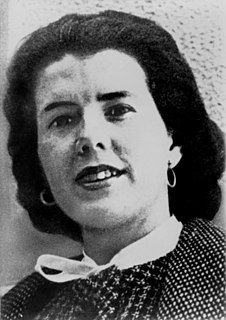Цитата Уолтера Бэджгота
Причина, по которой написано так мало хороших книг, заключается в том, что так мало людей, которые умеют писать, что-то знают. Вообще автор всегда жил в комнате, читал книги, занимался наукой, знаком со стилем и настроениями лучших авторов, но он не в силах пользоваться собственными глазами и ушами. Ему нечего слышать и нечего видеть. Его жизнь — это вакуум.
Темы цитат
Связанные цитаты
Все его слова и действия теперь будут достойны ушей и глаз его дочери. Жизнь будет прожита так, как если бы она находилась под постоянным пристальным вниманием. Он никогда не сделал бы ничего, что могло бы причинить ей боль, тревогу или смущение, и в его жизни больше не было бы ничего, абсолютно ничего, за что можно было бы стыдиться.
Консультируясь с книгами, будь то мертвые или живые авторы, можно избежать многих искушений раздражения и оппозиции, которые возникают в устных беседах. Автор не может без спроса навязывать свои услуги, и его нельзя часто заподозрить в каком-либо злонамеренном намерении оскорбить читателей своими знаниями или своим остроумием. Тем не менее настолько распространена привычка сравнивать себя с другими, в то время как они остаются в пределах досягаемости наших страстей, что книги редко читаются с полным беспристрастием, но теми, от кого писатель находится на таком расстоянии, что его жизнь или смерть безразличный.
На плитке рядом с рулонным полотенцем было написано карандашом. Вот оно: в чем смысл жизни? Траут рылся в карманах в поисках ручки или карандаша. У него был ответ на вопрос. Но ему нечем было писать, даже сгоревшей спички. Поэтому он оставил вопрос без ответа, но вот что он написал бы, если бы нашел чем писать: Быть глазами, ушами и совестью Творца Вселенной, глупец.
Я буду так рад, если вы скажете мне, что читать. Я просмотрела все книги в библиотеке Оффендене, но ничего читаемого там нет. Листья все слипаются и пахнут затхлостью. Хотел бы я писать книги, чтобы развлечь себя, как вы! Как восхитительно, должно быть, писать книги по своему вкусу, а не читать чужие! Домашние книги должны быть такими красивыми.
Есть три безошибочных способа доставить удовольствие автору, и эти три образуют восходящую шкалу комплиментов: 1 — сказать ему, что вы прочитали одну из его книг; 2, сказать ему, что вы прочитали все его книги; 3, чтобы попросить его позволить вам прочитать рукопись его будущей книги. № 1 признает вас в своем уважении; № 2 признает вас в своем восхищении; № 3 несет вас прямо в его сердце.
Мне? Что я? Ничего. Ноги, на которых ужин подается к столу, руки, по которым коктейли попадают в гостиную, руки, управляющие автомобилями. Я глаза, которые ничего не видят, уши, которые не слышат. Я тоже невидим. Они смотрят и не видят меня. Когда они двигаются, мне приходится угадывать их направление и уходить с дороги.

































